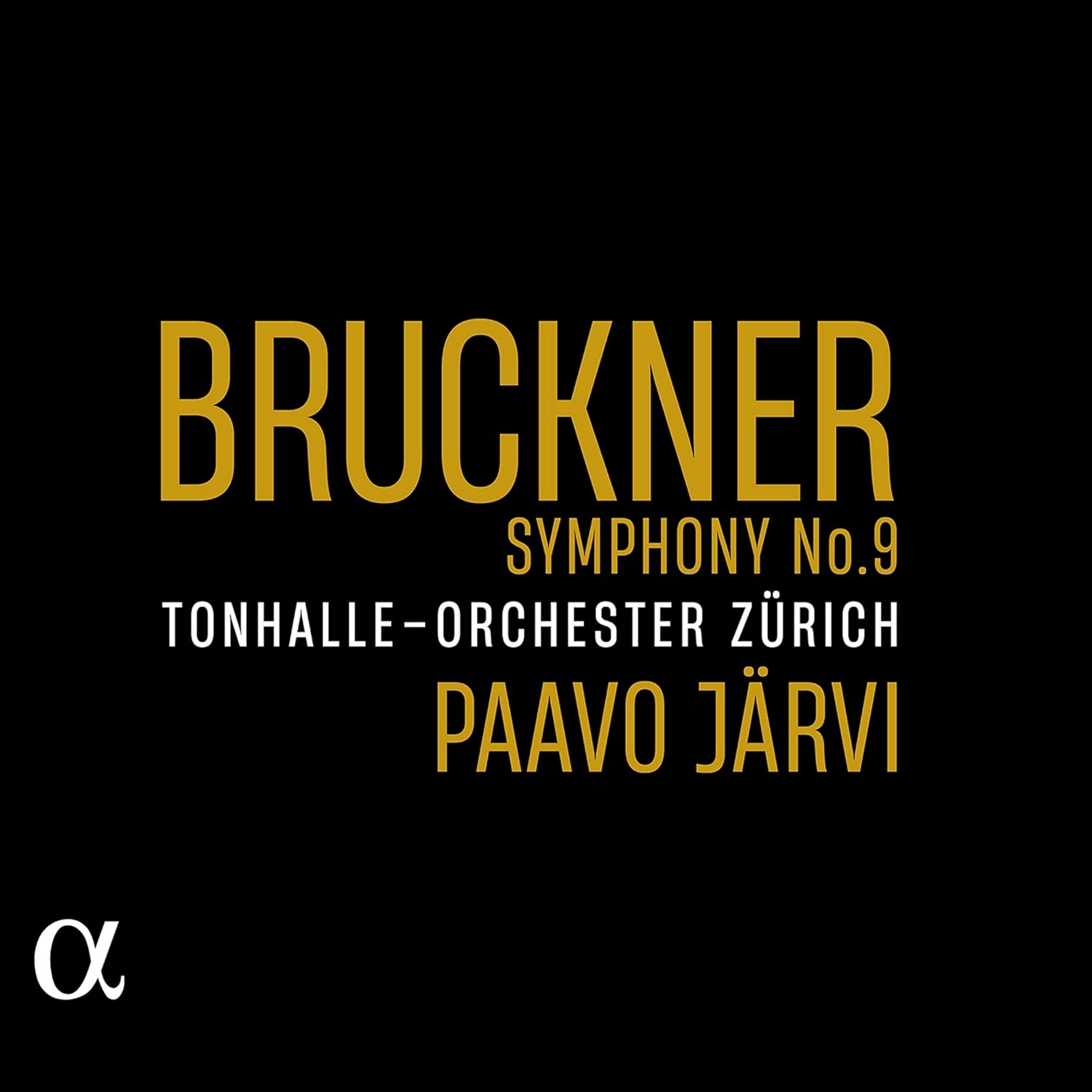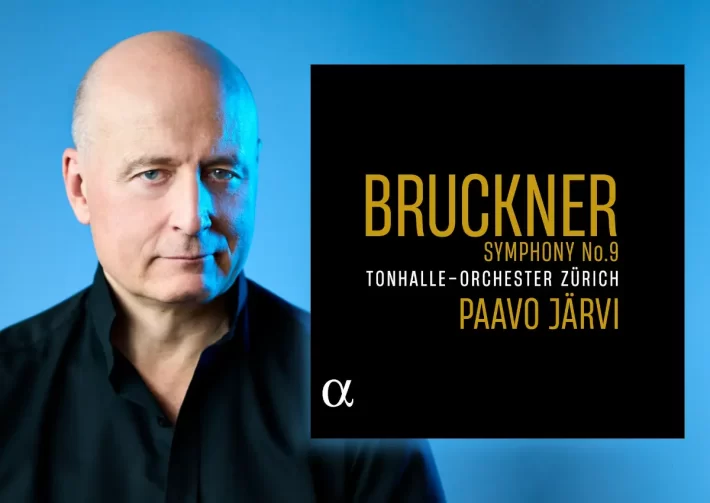Paavo Järvi is apparently recording a second Bruckner cycle with the Tonhalle-Orchester Zürich. His first cycle, made with the Frankfurt Radio Symphony Orchestra on RCA, was difficult to purchase (at least in the USA), but today is readily available via streaming and download. We can wonder, therefore, if Järvi’s interpretative ideas (and the playing of the Tonhalle-Orchester) are different enough to warrant a new cycle.

RCA’s engineering captured more room ambiance, adding sheen to Frankfurt’s sound. Alpha’s engineering offers a sharper sound picture, which complements the leaner sound in Zürich. The smooth, homogenous textures heard in the Frankfurt performance neuter some of this symphony’s more terrifying dissonances. In both recordings, Järvi clarifies Bruckner’s contrapuntal writing, but in Frankfurt his phrasing was matter of fact, and the tempos of the outer movements lack momentum. In Frankfurt, the first movement takes 27’43” and the Adagio 27’06”, whereas in Zürich, the first comes in at 26’02”, the Adagio at 23’55”, a significant difference. In Zürich, the momentum is far more convincing, the phrasing more varied and supple.
When reviewing Bruckner’s symphony No. 8 from these forces (see here), I wrote that Järvi adopted a “more willful interpretive profile, leading to several exaggerations that on repeated listening become increasingly unconvincing.” Here the opposite is true. Few, if any, moments stand out as exaggerated or willful. The Tonhalle plays beautifully, with an especially characterful woodwind solo. Listen, for example, to the oboe and flute in the Trio of the second movement Scherzo.
More than once, I have complained about Järvi’s emotional detachment, which is most evident in the first movement. The height of the opening movement’s emotional crisis occurs roughly two-thirds of the way in, and we should hear and feel Bruckner’s desperate rage. One certainly does in Tintner’s reading (17’01”) with the Royal Scottish National Orchestra on Naxos (a powerful reading all too often overlooked) and in Giulini’s (18’31”, an admittedly slow performance with the Vienna Philharmonic on DG). Järvi ensures the passage has plenty of power but misses the emotional weight of those earlier readings, or the more recent Honeck/Pittsburg Symphony Orchestra recording on Reference.
Järvi’s Scherzo is precise and weighty, but he does not lean into the dissonances the way Karajan and Honeck do. Those dissonant chords signify something: terror, fear, resentment, struggle, confusion. Bruckner knew his health was failing and he might not live to finish the work – surely, he was experiencing a complex web of emotions – turn to Honeck and one senses a real struggle of faith in the music. But the Trio does have a beguiling balletic grace.
In the Adagio, one immediately senses a deeper emotional and spiritual connection at work. If the strings lack the tonal splendor found in Berlin and Vienna, their playing has an ardent lyricism that proves just as compelling. Järvi has a firm sense of the music’s structure and, as always, offers his soloists plenty of room to shape their lines. The second subject has a tangible sense of lament (Bruckner did refer to this symphony as his ‘farewell to life’). The pulsing obsessive woodwinds (starting at 15’25”) are chilling, and the build to the dissonant 13th chord (which is held rather longer than the score indicates) is masterful. Still, I wanted more snarl from the lower brass, and greater timpani presence. The Coda is touchingly serene, without quite matching the transcendence of Tintner or Giulini.
The liner notes are disappointing, with far too much focus on the orchestra’s historic relationship with Bruckner’s music, then on the music itself. But I am glad to see Alpha including the roster of players. While this is not a performance that displaces current favorites, there is much to admire, and fans of the orchestra and/or Järvi need not hesitate.
Recommended Comparisons
Giulini | Jochum | Tintner | Abbado
Bruckner – Symphony No. 9 (Original Version)
Tonhalle-Orchester Zürich
Paavo Järvi – Conductor
Alpha Classics / Outhere, ALPHA1068




















